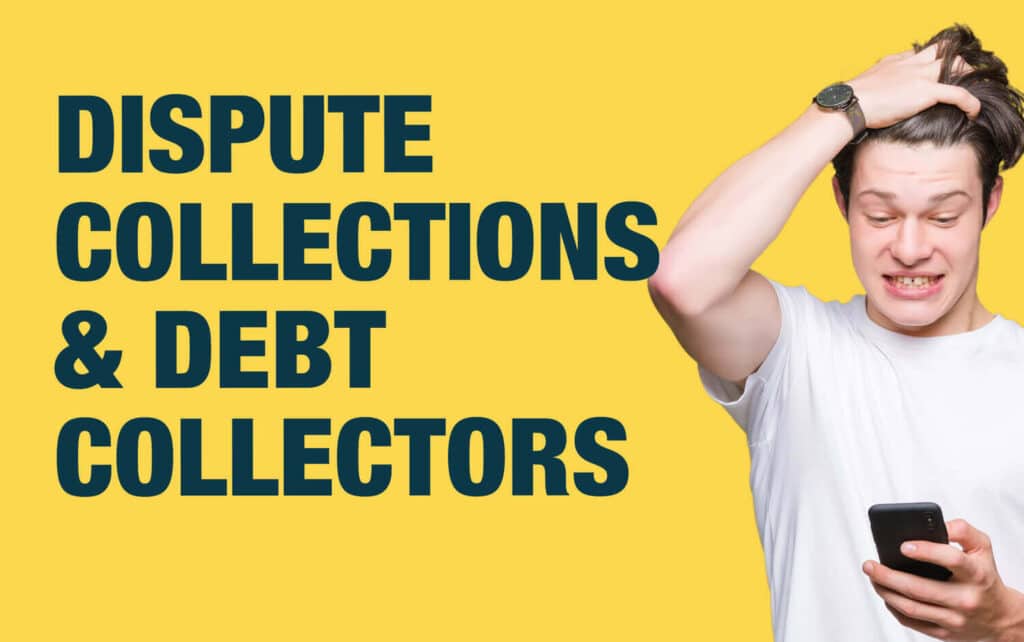Disputing unfair charges successfully

Encountering unjust charges on your account can be frustrating and potentially costly. Fortunately, there are effective strategies for disputing charges that can help you protect your finances and resolve mistakes or fraudulent activities. This guide provides a comprehensive overview of how to contest unfair fees successfully.
Understanding your rights and the correct process for disputing charges is essential for a successful resolution. Knowledge, prompt action, and clear communication are your best tools. Here, we will explore the steps you need to take to challenge and correct these issues confidently.
By following these guidelines, you can increase your chances of reversing unfair charges and maintaining your financial health. Learn the critical actions to take, from reviewing statements to contacting your bank, and navigating through disputes effectively.
Know Your Rights
Understanding your rights is the first step in disputing charges effectively. Familiarize yourself with the terms and conditions of your banking or credit card agreement, and know the consumer protection laws in your jurisdiction. This knowledge will empower you during the dispute process.
Many countries have regulations that protect consumers from fraudulent transactions and billing errors. Identifying the precise laws that apply to your situation can significantly enhance your argument when disputing a charge.
It's crucial to act promptly. Most financial institutions have deadlines for reporting unauthorized transactions or errors. Missing these deadlines could impede your ability to contest the charges successfully.
Review Your Statements Regularly
Regularly reviewing your bank and credit card statements allows you to spot and address any unauthorized or incorrect charges as soon as possible. Early detection plays a vital role in disputing charges effectively.
If you notice a charge you don't recognize, investigate it immediately. Sometimes, what appears to be an unfamiliar charge can simply be a vendor using a different trading name. If doubt persists, proceed to dispute the charge.
Document Everything
When disputing charges, detailed documentation is your best ally. Keep records of your transactions, correspondence with financial institutions, and any steps you take during the dispute process.
Having a comprehensive record will help substantiate your claim and provide a timeline of events, which can be crucial for a successful dispute.
Contact Your Bank or Credit Card Issuer
Once you're ready to dispute a charge, the first step is to contact your bank or credit card issuer. Many financial institutions allow you to dispute charges online or through their app, but calling customer service can provide immediate assistance.
Be clear and concise when explaining why you believe the charge is incorrect. Provide any evidence you have gathered to support your claim.
Follow Up Regularly
Keep track of your dispute's progress by checking in with your financial institution regularly. Ask for updates and ensure your case is being handled promptly.
Patience is essential, as some disputes may take time to resolve. However, staying proactive and informed can speed up the process.
Know When to Escalate
If your dispute doesn't resolve in your favor, you may need to escalate the matter. This can involve filing a complaint with a consumer protection agency or seeking legal advice, depending on the severity and complexity of your case.
Consulting with a consumer rights lawyer can provide you with expert guidance on how to proceed with your dispute.
Protect Your Account Going Forward
After resolving a dispute, take steps to protect your account from future issues. This might involve updating passwords, monitoring your accounts more closely, or even switching to institutions with better fraud protection measures.
{FAQ}
{FAQ_ITEM}
{FAQ_TITULO}How long do I have to dispute a charge?{/FAQ_TITULO}
{FAQ_CONTEUDO}The timeframe to dispute a charge can vary by institution and jurisdiction, but it's typically 60-120 days from the statement date on which the charge appeared. Check with your bank or credit card issuer for specific policies.{/FAQ_CONTEUDO}
{/FAQ_ITEM}
{FAQ_ITEM}
{FAQ_TITULO}What evidence do I need to dispute a charge?{/FAQ_TITULO}
{FAQ_CONTEUDO}Evidence can include receipts, contracts, emails, or any documentation that proves the charge is incorrect or fraudulent. Detailed records of your transactions and communications regarding the dispute are also vital.{/FAQ_CONTEUDO}
{/FAQ_ITEM}
{FAQ_ITEM}
{FAQ_TITULO}Can disputing a charge affect my credit score?{/FAQ_TITULO}
{FAQ_CONTEUDO}Disputing a charge itself does not affect your credit score. However, if the dispute results in a reduced balance that you fail to pay, it could negatively impact your score. Always ensure to manage your credit responsibly.{/FAQ_CONTEUDO}
{/FAQ_ITEM}
{/FAQ}
Conclusion
Successfully disputing unfair charges requires knowledge, documentation, and persistence. By understanding your rights, reviewing statements carefully, and promptly taking action, you can fight against incorrect and fraudulent charges effectively.
Remember to maintain detailed records and communicate clearly with your financial institution throughout the dispute process. And finally, use the experience to protect your accounts and prevent future discrepancies.
With these strategies, you can navigate the dispute process confidently and ensure your financial security.
Disputing charges is a crucial skill in managing your personal finances and can save you from unnecessary stress and financial loss.

Related